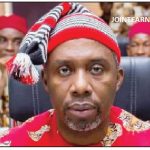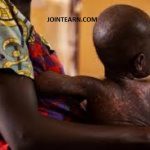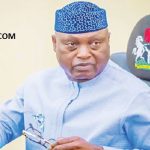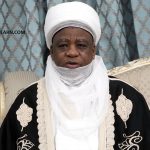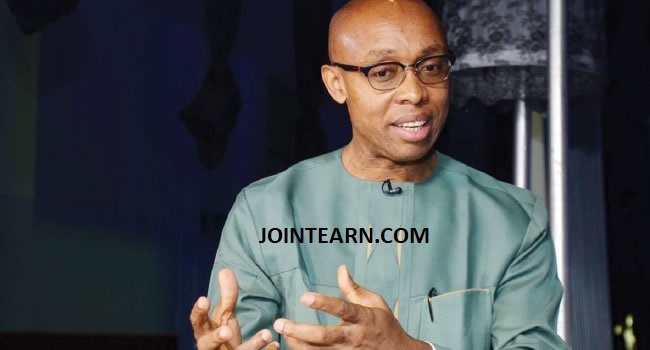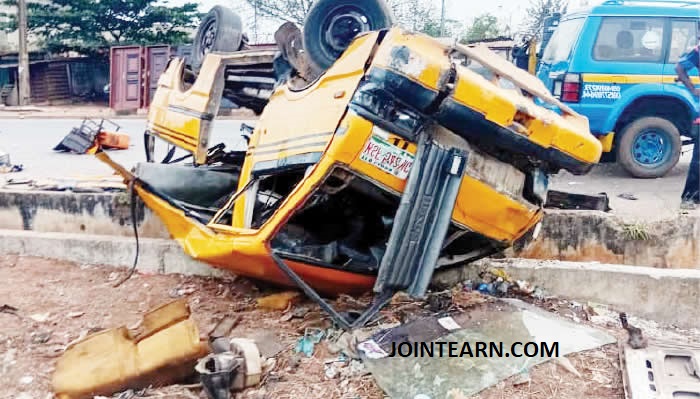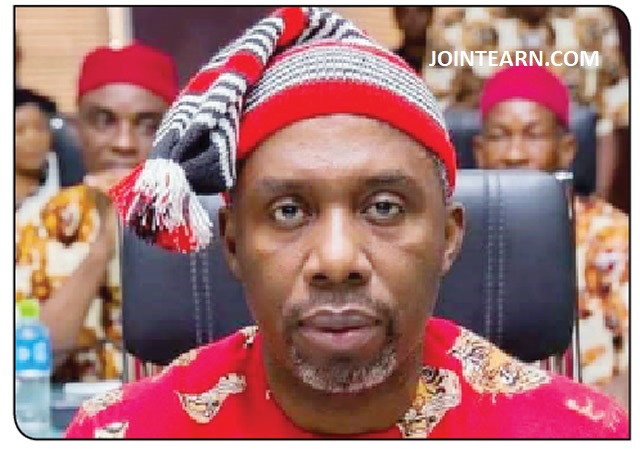Benue State and renowned human rights activist Chidi Odinkalu have found themselves at the center of a heated public dispute over recent comments made regarding the ongoing herdsmen attacks in the region. The war of words between the two parties has escalated, with accusations of misinformation and a disregard for the gravity of the security situation in the state.
The tensions began when Odinkalu, a former chairman of the National Human Rights Commission (NHRC), made a series of public statements on a popular media platform, where he questioned the accuracy of reports regarding attacks by armed herders in Benue State. Odinkalu, known for his vocal stance on human rights issues, expressed doubts about the government’s portrayal of these attacks as systematic violence by Fulani herders, suggesting that such claims may have been exaggerated for political reasons.
His remarks ignited a firestorm of reactions from various quarters, especially in Benue State, where the memory of recurring violent attacks by suspected herders is fresh in the minds of residents and government officials alike. The attacks have led to the loss of lives and forced many from their homes, creating a humanitarian crisis in the state.
Benue State Governor, Samuel Ortom, was quick to respond, taking aim at Odinkalu’s comments. The governor expressed his displeasure, accusing the activist of downplaying the severity of the attacks and undermining the suffering of the people of Benue. Ortom argued that the situation in Benue was not just a matter of inter-communal clashes but a coordinated campaign of violence aimed at displacing local farmers, many of whom are ethnic Tiv people, from their land.
Governor Ortom, who has been a staunch advocate for the rights of Benue residents and has repeatedly called for the federal government to take more decisive action against the armed herders, emphasized that the people of Benue had been bearing the brunt of incessant killings and destruction of farmlands. He accused Odinkalu of being disconnected from the reality on the ground, questioning whether the activist had visited the affected areas in the state or truly understood the magnitude of the crisis.
The governor’s remarks were echoed by other political leaders and activists from Benue State, who stood in solidarity with Ortom and criticized Odinkalu for what they saw as an insensitive approach to the issue. They pointed to the hundreds of lives lost and the widespread displacement of thousands of Benue residents as undeniable evidence of the attacks’ magnitude and called on Odinkalu to reconsider his position.
However, Odinkalu, in his defense, clarified that his concerns were not about the gravity of the attacks but rather about the politicization of the issue. He maintained that the human rights community must remain impartial and objective in addressing any crisis, and that sensationalizing events could hinder the search for lasting solutions. Odinkalu further questioned whether the federal government’s response was based on an accurate understanding of the situation or if political considerations were influencing the narrative surrounding the attacks.
The activist also pointed out that the issue of violent herdsmen attacks is part of a broader national security concern that transcends regional boundaries. He emphasized that there needed to be a more comprehensive, coordinated approach to address the root causes of the violence, including land disputes, criminal activities, and the lack of adequate security measures across Nigeria. He urged for dialogue and constructive engagement between all stakeholders involved in the crisis, including the herders, local communities, and government institutions.
As the public dispute continued to intensify, various social media platforms and news outlets saw a flurry of opinions from citizens, analysts, and commentators weighing in on the controversy. Some supported Odinkalu’s call for objectivity and a broader view of the crisis, while others rallied behind Governor Ortom, stressing the importance of amplifying the voices of those who have been directly affected by the violence in Benue State.
The clash between Odinkalu and Benue officials has highlighted the deep divisions in the national discourse surrounding herdsmen attacks. While the issue has long been a source of tension between farmers and herders in various parts of Nigeria, the situation in Benue has become particularly high-profile due to the state’s outspoken leadership and the severity of the attacks.
The Benue government’s approach, which includes implementing a ban on open grazing and enacting policies aimed at protecting local communities, has drawn both support and criticism. Supporters argue that such measures are necessary to curb the violent clashes, while opponents contend that they may further inflame tensions and exacerbate the crisis.
In the meantime, the people of Benue State continue to endure the consequences of the attacks. Many are still grappling with the loss of loved ones, while others live in fear of future assaults. With both sides of the debate showing little sign of backing down, it remains unclear what steps will be taken to resolve the crisis and bring peace to the region.
As the war of words between Chidi Odinkalu and Benue officials rages on, it is clear that finding common ground on the issue will require more than just public statements and political rhetoric. It will demand meaningful dialogue, a commitment to justice, and above all, a genuine willingness to address the underlying issues fueling the violence.

